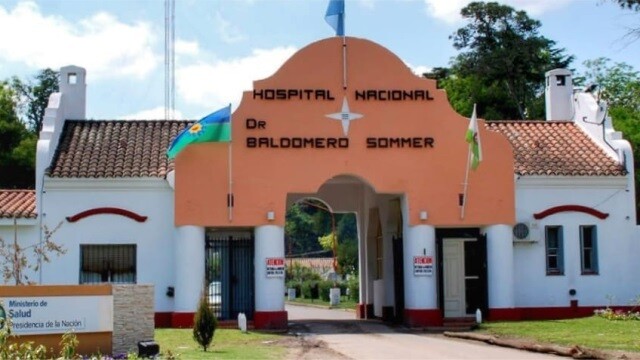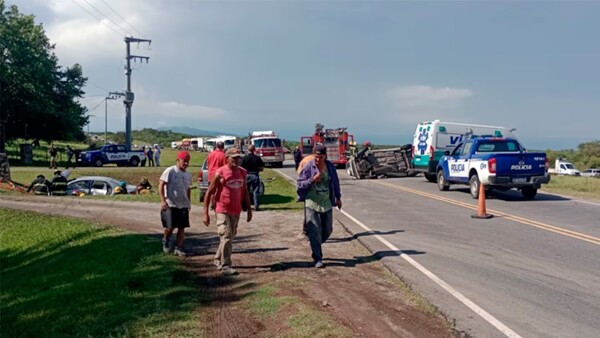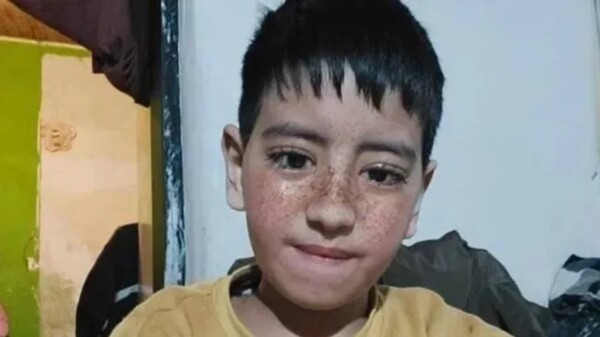
In the past, when mentioning leprosy sowed fear, the Andrada family and the old Pilar played a fundamental role in welcoming and supporting patients in the neighboring neighborhood. Many families with direct ties to the leprosarium inmates settled in the area to stay close to their loved ones, creating a united community.
In the 1990s, national leprosy colonies were decentralized in several provinces, gradually closing all institutions. However, for some, public health became a business in which they attempt to erase history and privatize services, neglecting the needy population.
At that time, few were willing to approach the leprosy colonies, but some hospital staff developed strong ties with the affected families. The experiences of those times show the struggle of patients to maintain their rights and family relationships, despite the restrictions imposed by law.
The memories of that time date back to the narrator's childhood, who witnessed how authorities separated the children of leprosy patients, preventing them from forming families. Many children raised in an environment of solidarity and friendship in the neighborhood are now part of the community's daily life.
The writer's personal story with the Sommer Hospital intertwines with the constant struggle to preserve memory and solidarity values in the face of policies that threaten to dismantle public services. The layoffs at the hospital reflect a broader pattern of dismantling public health, affecting both workers and patients.
The open letter from a hospital worker, shared in the El Roble newspaper, highlights the importance of remembering history and collective memory amidst current changes and challenges. The community formed around the National Hospital Dr. Baldomero Sommer is a living testament to resistance and solidarity in the face of adversity.













